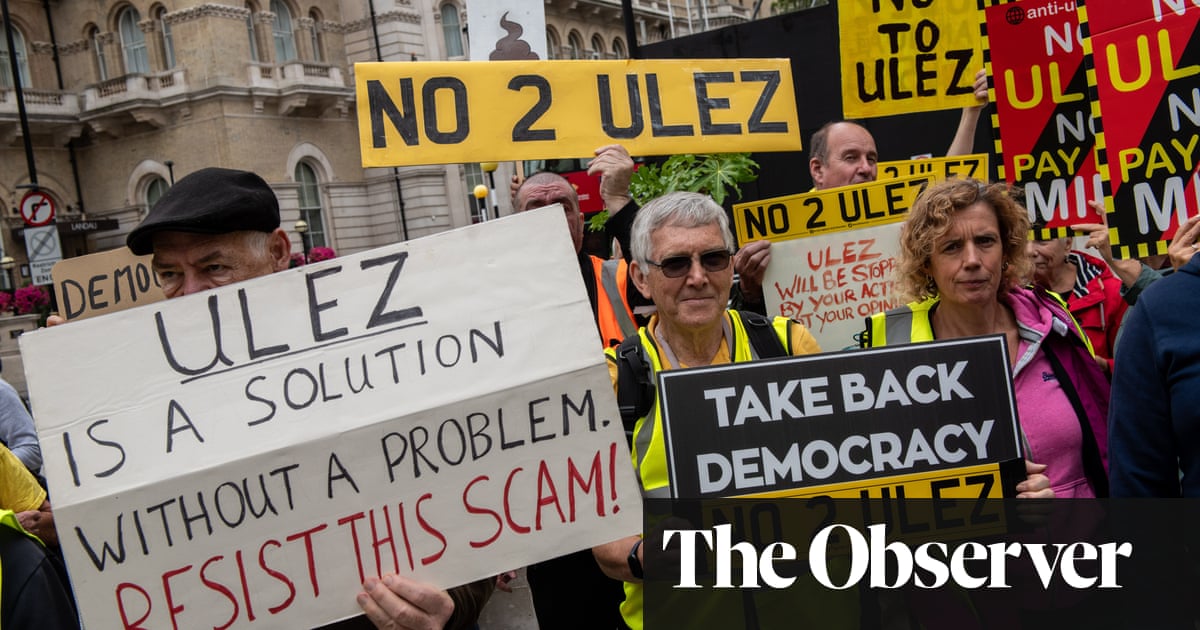
The agreement reached on June 4 in Washington between Secretary of State Mike Pompeo and Turkish Foreign Minister Mevlut Cavusoglu may become a test for Turkish-American solidarity. They agreed on a roadmap that would put an end to the presence of fighters with the Kurdish People’s Protection Units (YPG) in the northern Syrian district of Manbij.
Cavusoglu tweeted after his meeting with Pompeo that a firm commitment had been obtained from the US for the withdrawal of the YPG fighters to the east of the Euphrates River. Cavusoglu repeated this important outcome in his meeting with journalists in Washington and in his constituency Antalya.
However, the American side was quick to give a slightly different interpretation of the commitment. Department of State spokeswoman Heather Nauert acknowledged that Pompeo and Cavusoglu had agreed on a roadmap, but said: “I want to be clear that this is going to be conditions-based. That means that things can change over time as conditions change on the ground. This is a beginning of a series of conversations that will inevitably continue.”
The nuance brought by Nauert was confirmed by Ragip Soylu, the Washington correspondent of the pro-government Turkish newspaper Daily Sabah. He attended a briefing by two senior US diplomats and reported his impressions, saying: “While one senior American official was trying to underline the US commitment to decrease tensions and stabilize relations with Turkey, the other one — probably the unhappy one — was trying to diminish the importance of the road map and repeatedly reminding everyone the obvious ‘it wouldn’t be easy to do it’.”
Soylu believes that the State Department briefing made it crystal clear that some of the technicalities of the roadmap have to be addressed by Turkish-US military negotiations, but that it will be hard because some in the State Department and US Central Command (CENTCOM) do not want it.
This background does little to conceal the two parties’ different perceptions about what exactly was agreed in Washington. Despite the pro forma statement by the YPG, it is unclear whether Washington secured its acquiescence to the roadmap.
The pitfalls on the path to implementing the agreement are not limited to this. If the YPG becomes disappointed in the US attitude, it may turn to two other potential supporters: Syrian President Bashar Assad and Russia. Both of them are bad options for the US.
Turkey’s legitimate security worries are better addressed by seeking a fair understanding with the Kurds, rather than pushing the US to make a difficult choice.
Yasar Yakis
There are signs that the YPG is already using its channels of communications with the Syrian regime. Actually, it has always avoided direct clashes with the regime. It focused on its own agenda of promoting the Kurdish cause, and abstained from unnecessarily antagonizing the regime. All parties admit that the YPG constitutes the backbone of the Syrian Democratic Forces (SDF) and its political branch, the Syrian Democratic Council (SDC).
In an interview with Russia Today, Assad did not discard the possibility of establishing dialogue with the Kurds, and said once Daesh is exterminated, the Syrian military will turn its attention to the SDF. He emphasized that he started opening the doors for negotiations with it, and that if they fail, the Syrian military will be forced to liberate the areas occupied by the SDF.
A parallel statement came from the Kurdish side. Riad Darar, co-chairman of the SDC, said negotiation with the Syrian state is the best way to reach results that serve the country; the reason for the alliance in the past with foreign forces was to get rid of terrorism; and the SDF is ready to become part of the Syrian military after a settlement is reached to end the war.
China’s Xinhua news agency on June 6 reported that Mays Karidi, spokeswoman of the opposition Syrian Democratic Front, said a delegation from the group met Elham Ahmed, co-chairwoman of the SDC, and the atmosphere was positive in the predominantly Kurdish areas in northern Syria about negotiating with Damascus.
The regime must be working hard with a view to gathering forces to fight its opponents. Pro-regime Syrian news site Al-Watan on June 6 reported that 70 Syrian tribes issued a joint statement announcing the formation of a combined force that would fight US-backed militias and foreign troops in northern Syria. Time will tell to what extent this news reflects reality.
The Turkish-American agreement on the Kurds will be implemented against this complicated background. Turkey’s legitimate security worries will be better addressed by seeking a fair understanding with the Kurds, rather than pushing the US to make a difficult choice.
• Yasar Yakis is a former foreign minister of Turkey and founding member of the ruling AK Party. Twitter: @yakis_yasar












